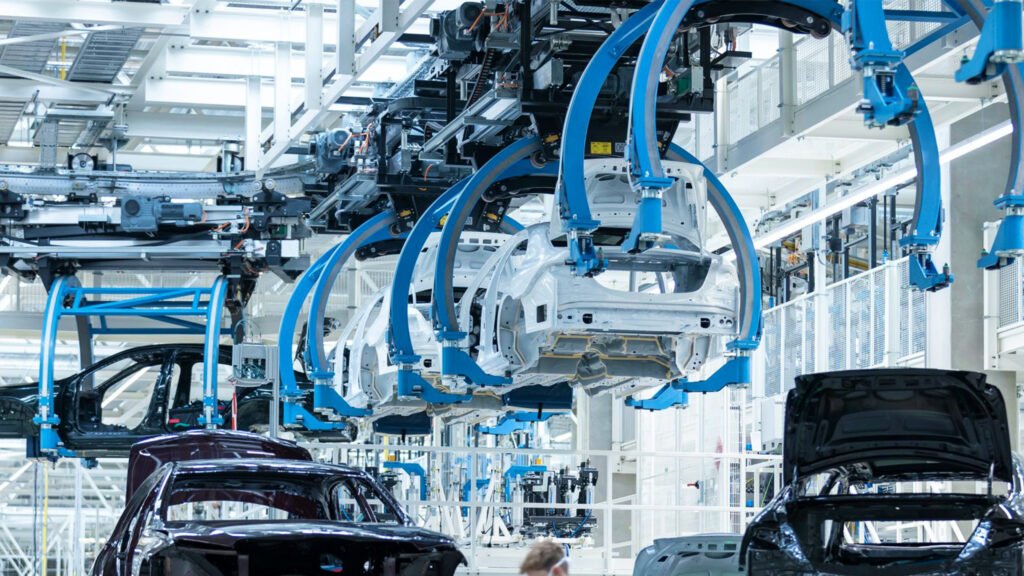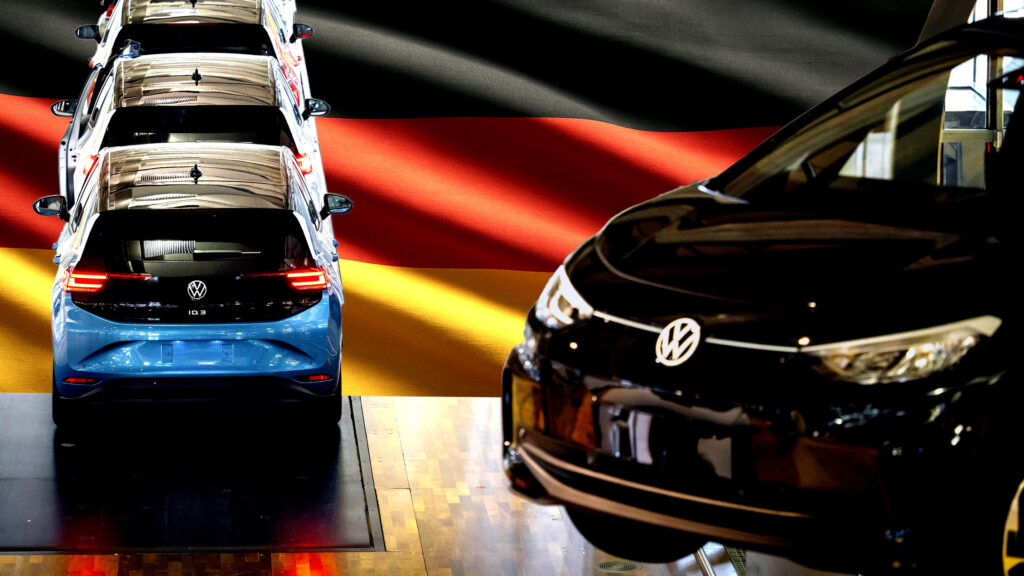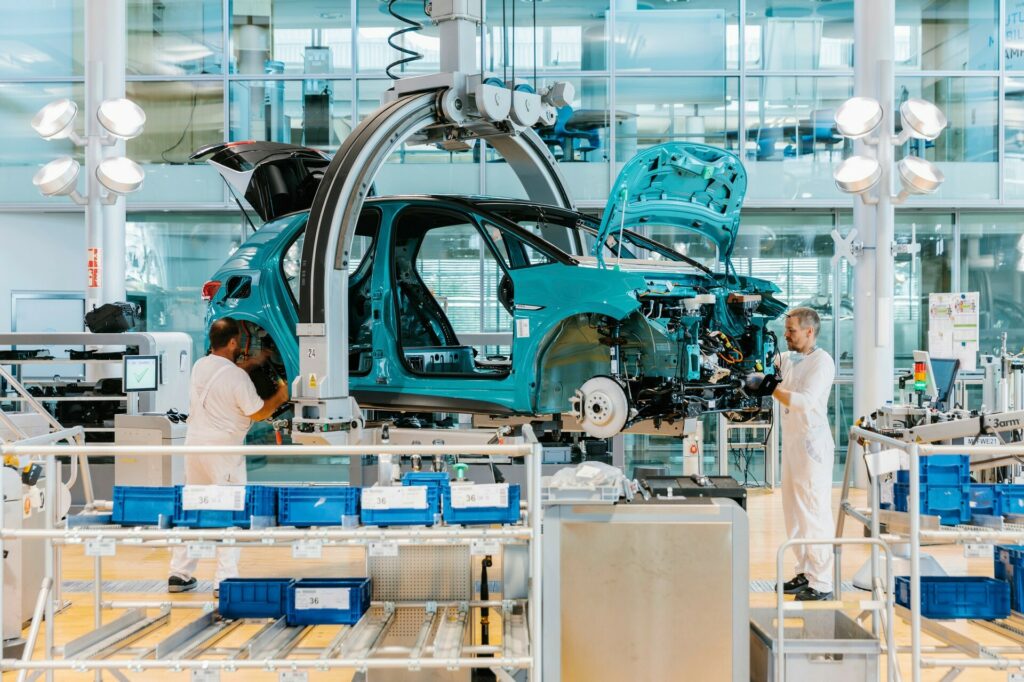

- In the past year alone, Germany’s car industry has lost approximately 51,500 jobs.
- There are 112,000 fewer auto workers right now than there were before COVID-19.
- Steep tariffs imposed by the Trump administration impacted Germany’s car industry.
Germany’s once unshakable automotive industry is starting to show visible cracks, with new figures highlighting just how much pressure the sector is under. In the past year alone, the workforce has shrunk by 7 percent, while profits slide and overcapacity weighs heavily on manufacturers. The competition isn’t letting up either, with international rivals, particularly in the electric market, moving faster and leaner.
An Industry In Turmoil
According to Germany’s federal statistics office Destatis, roughly 51,500 jobs disappeared from the car industry between June 2024 and June 2025. And the ripple effect extends well beyond cars. Across the country’s industrial base, 114,000 positions have been cut in the same period.
Compared with pre-pandemic levels in 2019, the automotive workforce is down by 112,000 people, underscoring how steep the sector’s decline has become.
Read: Your Next Mercedes Could Have A BMW Engine
As noted by CNBC, “no other industrial sector has recorded such a strong reduction in employment” as the auto industry.
The report from EY lays the blame on several factors. For one, many of the nation’s major automakers have struggled to gain ground in the electric vehicle race, in part due to overbearing regulations and federal government bureaucracy. Additionally, German brands have struggled to innovate as quickly as the Chinese and haven’t been able to lower costs quite as much.

The Tariff Impact
Then there’s the issue of Donald Trump’s trade policies. Tariffs have started to sting local car brands, for many of which the United States are one of their most important markets. Through the first half of 2025, it’s been revealed that car and auto part exports from Germany to the US declined by 8.6 percent through the first half of the year.
The troubles of the auto sector are also part of a wider slowdown. Germany’s GDP contracted in both 2023 and 2024, and the numbers from 2025 don’t inspire much optimism. The economy managed only 0.3 percent growth in the first quarter, followed by a 0.3 percent decline in the second, pointing to a fragile recovery at best.



